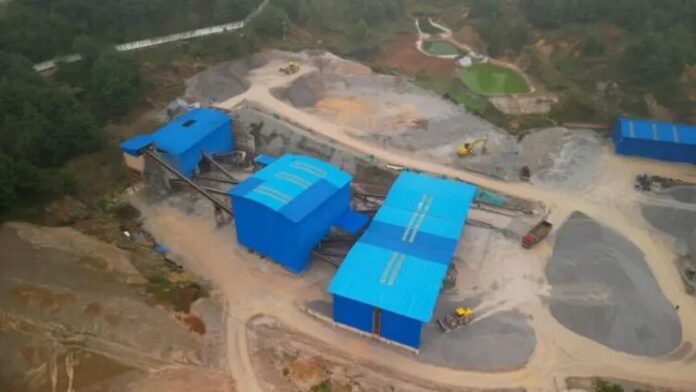China is a global goliath when it comes to one of the most important resources in the world – critical minerals.
These minerals are essential for making advanced technology including smartphones, semiconductors, lithium batteries, laptops and electric vehicles. The list goes on.
China produces 60% of the world’s rare earth elements supply and processes 90% of it.
It gives the country unparalleled power – power it’s willing to use.
Since July last year, China has introduced export restrictions on three important critical minerals: gallium, germanium and antimony.
The US Geological Survey says China produces 98% of the world’s gallium and 60% of its germanium.
Both are used to make semiconductor chips, which power the world’s advanced technologies.
The export controls are the latest frontier in a trade battle between China and the West, and it’s heating up.
The US is attempting to block China from accessing its advanced technology and semiconductor chips.
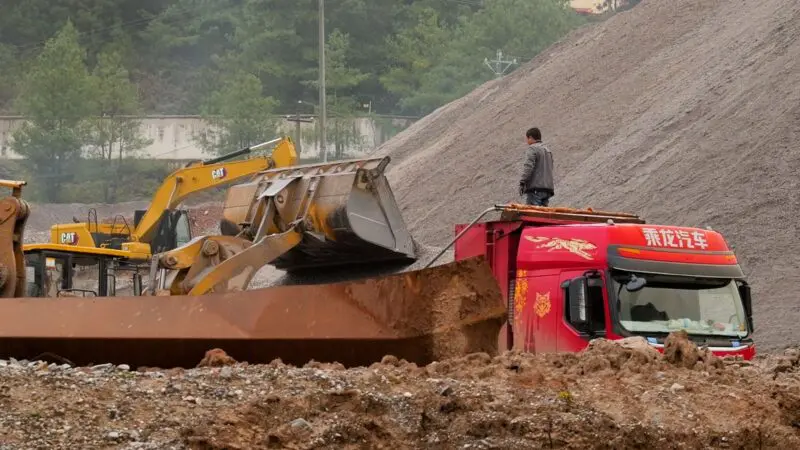
Chim Lee, senior Asia analyst with the Economist Intelligence Unit, says: “This is about how China is still feeling threatened.”
“It is using critical minerals to have stronger leverage in its trade negotiations with Western countries,” Mr Lee says.
“It is showing that it can, and it will retaliate.”
The mountains and mines of Yunnan Province
Yunnan province in southern China is known for its mountains, more than its mines.
But travel away from the main highways and you find valleys littered with small mines that process critical minerals.
We come across three of them only a short drive from each other on a rainy, misty day.
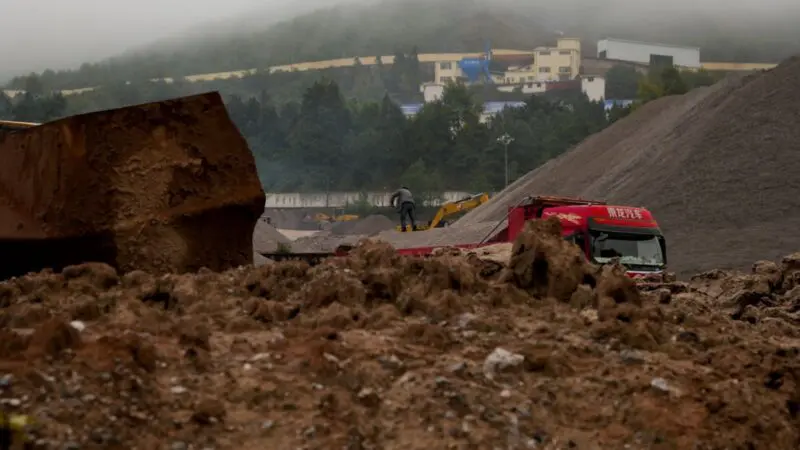
Even the closest village is called ‘Kuangshan Zhen’ or Mine Town.
Opposite a mine, we met a local farmer, Mr Tan. He tells us the mines are a national asset.
“It means a lot of economic revenue,” Mr Tan explains. “This mine produces lead, zinc and germanium. They are our country’s treasure.”
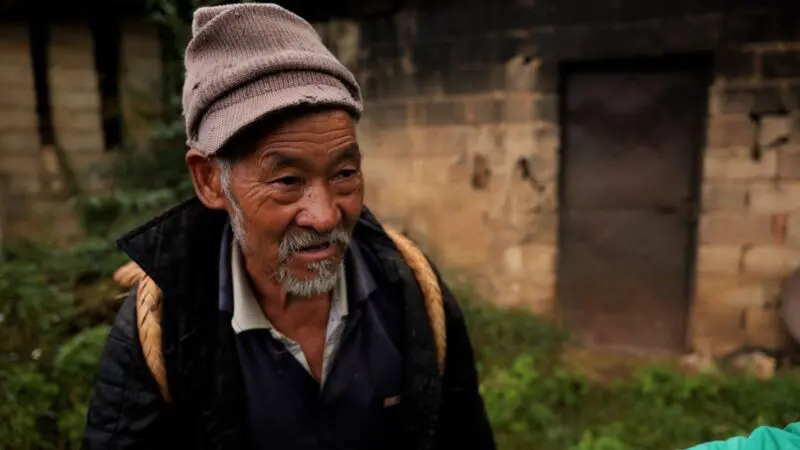
China is committed to protecting its treasure and says its export restrictions are “fair, justified and non-discriminatory” and not targeted at any one country.
The country’s latest export restriction is on antimony. It came into force in September.
China mines half the world’s supply of antimony, and it is a key ingredient for military applications including night vision goggles, flares and infrared sensors.
‘Potential price shocks’ to come
The northern British city of Durham feels far from the global competition to dominate resources.
But on the outskirts of the city a pioneering British company, called Pragmatic Semiconductor, is getting ready to expand its manufacturing hub of wafer-thin, flexible semiconductor chips.
Richard Price, Pragmatic Semiconductor’s co-founder and its chief technology officer, says: “As countries like China – but also other countries around the world – look at tariffs, protections and export controls, it will place shocks on the supply chain.”
“We’re likely to see potential price shocks.”
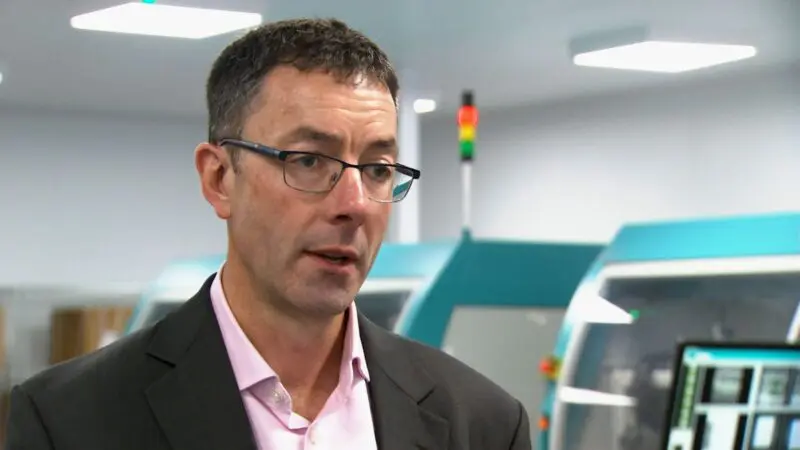
Across the world resource-rich countries are rushing to develop their own reserves of critical minerals.
But demand for these precious metals is surging and China has already raced ahead.

